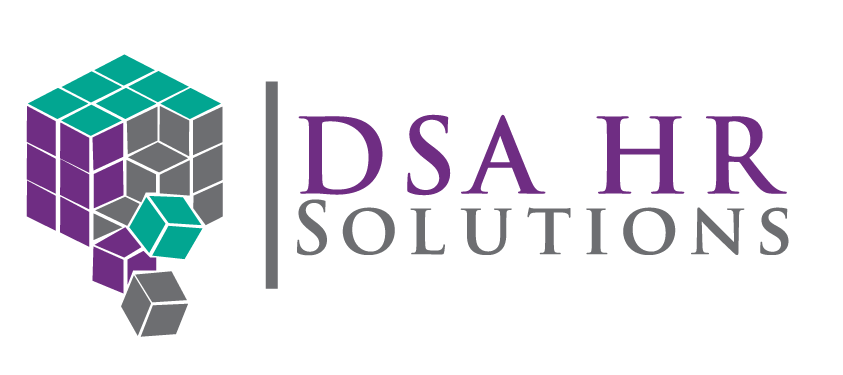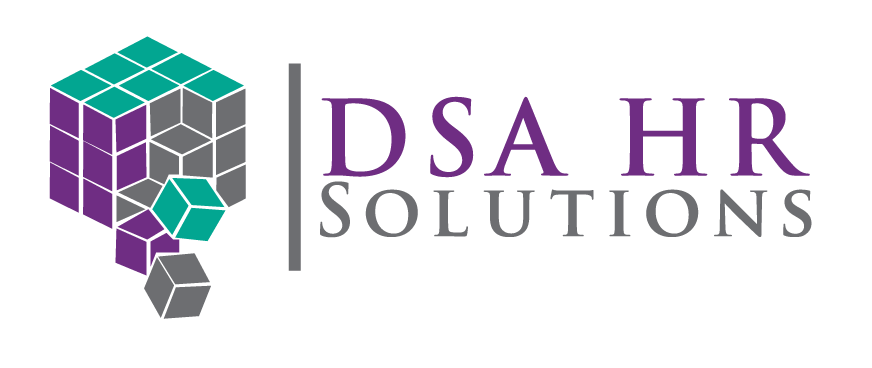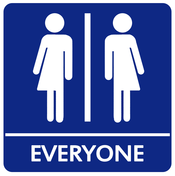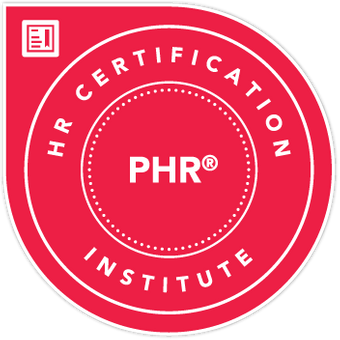Effective March 1, 2017, all California businesses will have to remove any labeling that designates a “single-user toilet facility” as either “male” or “female.” The California State Legislature passing of AB 1732 established the nation’s most inclusive restroom access law. The bill’s passing followed a federal judge’s ruling preventing the U.S. Department of Education from implementing guidance requiring school districts to allow transgender students to choose which restroom and locker facilities to use based on gender identity.
California Businesses Must Gender-Neutralize Bathrooms
This law defines “single-user toilet facility” as “a toilet facility with no more than one water closet and one urinal with a locking mechanism controlled by the user.” In layman’s term, if you have a bathroom that has a single door to enter it, you need to update your signage. This does not apply to bathrooms with more than one stall.
"This is a common-sense proposal," said Rick Zbur, Executive Director of Equality California. "Our home restrooms are already all-gender. So are restrooms on airplanes and at many hospitals and gas stations. The benefits of this simple change will enable all Californians to use restrooms in a way that is more safe, fair, and convenient."
Furthermore, any markings that label a single user facility as men’s or women’s either by wording or signage will need to be updated.
Business owners should be proactive by updating their signage and any other gender-specific markings before the March 1, 2017, deadline.
While there are no specified penalties as of yet, the law specifically permits inspectors, building officials, or other local officials responsible for code enforcement to inspect for compliance with the bathroom signage requirement. Thus violations will likely be assessed on the local level as municipalities pass or revise ordinances in response to AB 1732’s enactment.
Furthermore, there are already statutes in place that protect equal access for individuals relative to both business and employment. Thus a failure to comply would likely result in the business being sued under one or more of the statutes relating to equal access.
If you require assistance with compliance with AB1732 or any other matter relative to your business, please contact Debbie Amaro at info@dsahrsolutions or (707) 361-5385
Author
We are a team of certified
HR experts based out of the San Francisco
Bay Area that provides
HR consulting services to businesses nationwide.






